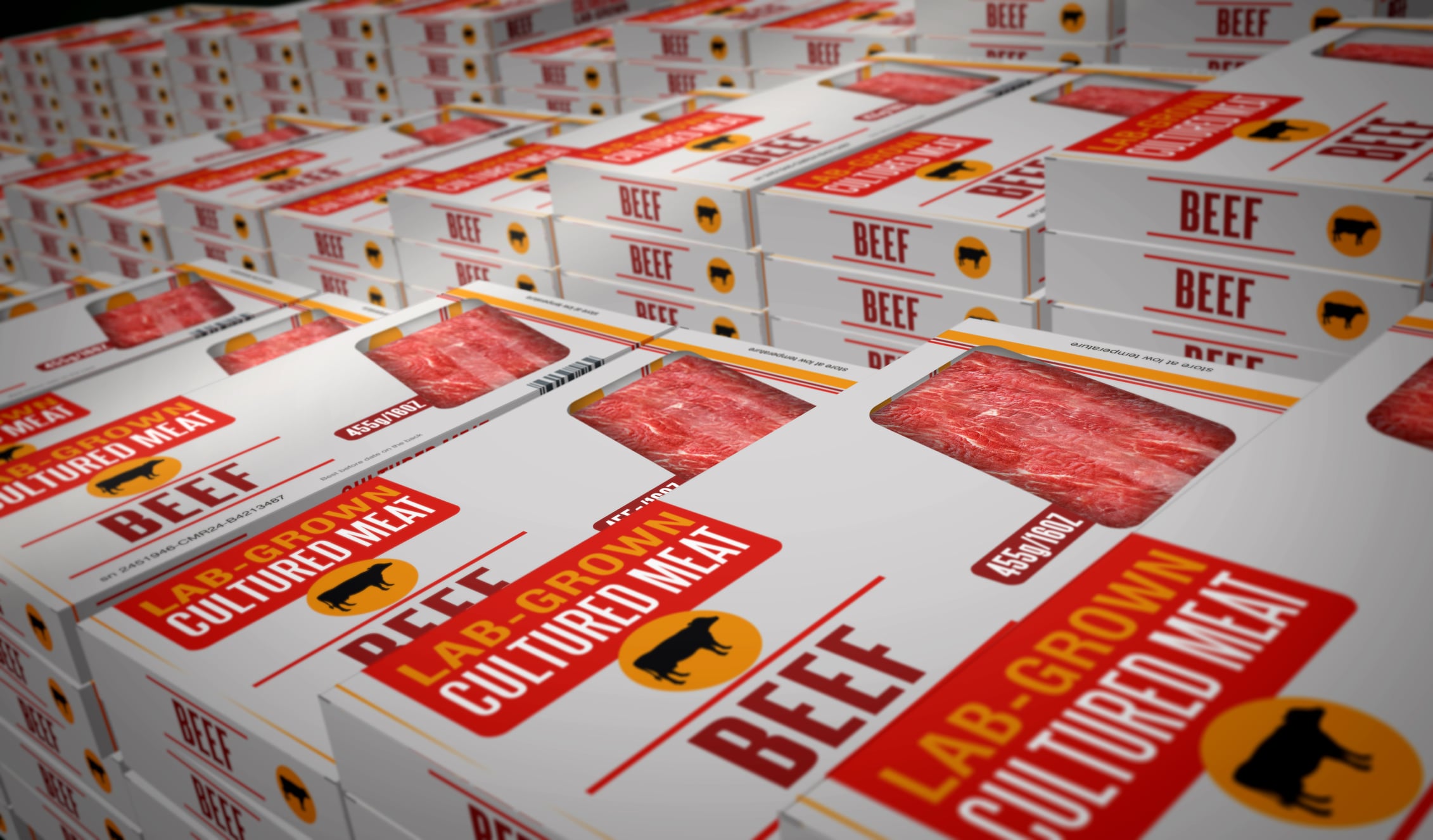Jimi Biotech’s development of a cultivated meat prototype produced entirely from animal cell and without plant scaffolding is significant for the company, as a 100% animal cell-based meat is said to be “closer to the taste and nutrition value” of regular meat.
Despite this progress, challenges remain before the firm can bring its product to market.
“The whole industry is pending regulatory approval. Singapore is the only country where consumers can buy cultivated meat. There is discussion about launching our product in Singapore first, but we have not decided yet. As we are based in China, ultimately our primary market will be here.
“We cannot say this very confidently, but we’d imagine it will take three to five years before cultivated meat gets approved in China — even though it is uncertain what will happen,” Yikai Wang, Operations Director of Jimi Biotech, told FoodNavigator-Asia.
However, the firm is optimistic, as China’s Ministry of Agriculture and Rural Affairs has listed cultivated meat as a key area for future food manufacturing in its 14th Five-Year Plan.
In addition, the China National Centre for Food Safety Risk Assessment (CFSA) is looking to establish a special group focusing on the regulatory framework of cultivated meat in China this year.
“The regulatory authorities have been quite active, which is a good sign. We hope that they can work with start-ups like us to push the industry forward. We also see quite a few venture capitals showing interest in this area, so that is another positive indication,” said Wang.
On the other hand, improving the tech to reduce production costs has proven to be another major hurdle.
“The culture medium accounts for the biggest bulk of total production costs. We managed to cut down the cost of culture medium to below RMB100 (USD15) per litre, which is 97% lower than market rate. But to make cultivated meat commercially available, we need to reduce it by a much larger percentage. Our goal is to bring it down to RMB5 (USD0.7) or less.
“Furthermore, we want to develop immortalised cell lines (cells that have been modified to proliferate indefinitely and thus can be cultured for long periods of time) that grow quickly with little nutrition. This requires a high level of optimisation, too,” Wang explained.
The firm believes that while these challenges are tricky, they are not “Nobel Prize-hard”.
“It requires a lot of interdisciplinary thinking, from engineering to cell biology. We need to combine different fields of knowledge and expertise to make it happen.”
As such, Jimi Biotech is working with Zhejiang Academy of Agricultural Sciences (ZAAS) to tap on the institution’s vast experience in food manufacturing and food safety control.
Not worried about consumer acceptance
According to Wang, the perception of cultivated meat among Chinese consumers is “very divided” — some are looking forward to its development while some have expressed their unwillingness to try it.
“I think people feel that way because there is no product in the market yet. We are not really worried about consumer acceptance because with any new product, people are going to be hesitant. We can’t convince them just by talking. We need to show them the product, have them try it, and let the quality and taste do the convincing,” said Wang.
In terms of food safety concerns, regulatory approval — again — plays a crucial role.
“As cultivated meat is a new form of meat, it will be regulated very strictly. Once it gets approved by the government, consumers will feel that it is safe. Also, we need to make our production process transparent by informing consumers on how the product is made, and why it is safe and clean. In many ways, cultivated meat is actually safer than slaughtered meat,” he added.
Since it began operations in 2021, Jimi Biotech has gone through three funding rounds.
The most recent round in February this year saw the firm raise close to RMB10m (USD1.4m), which has been mainly used for R&D and to advance its tech.
“Eventually we will have to, but we’re not looking at scaling up at the moment. Our belief is that first and foremost, we need to make the fundamental tech good enough. Therefore, most of the money is going into optimising the cell line and culture medium.
“We currently have a lab in Hangzhou, and we will use the funds to set up a small pilot plant. To build a more sizeable plant, we will likely have to raise a new round in future,” Wang shared.





